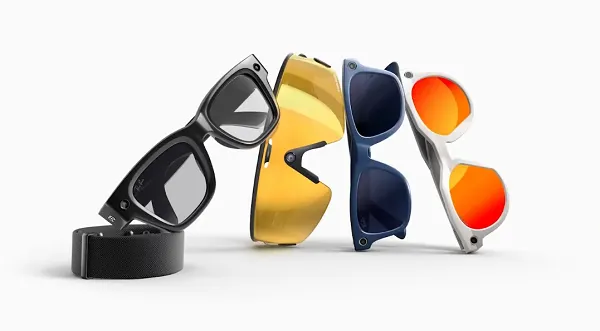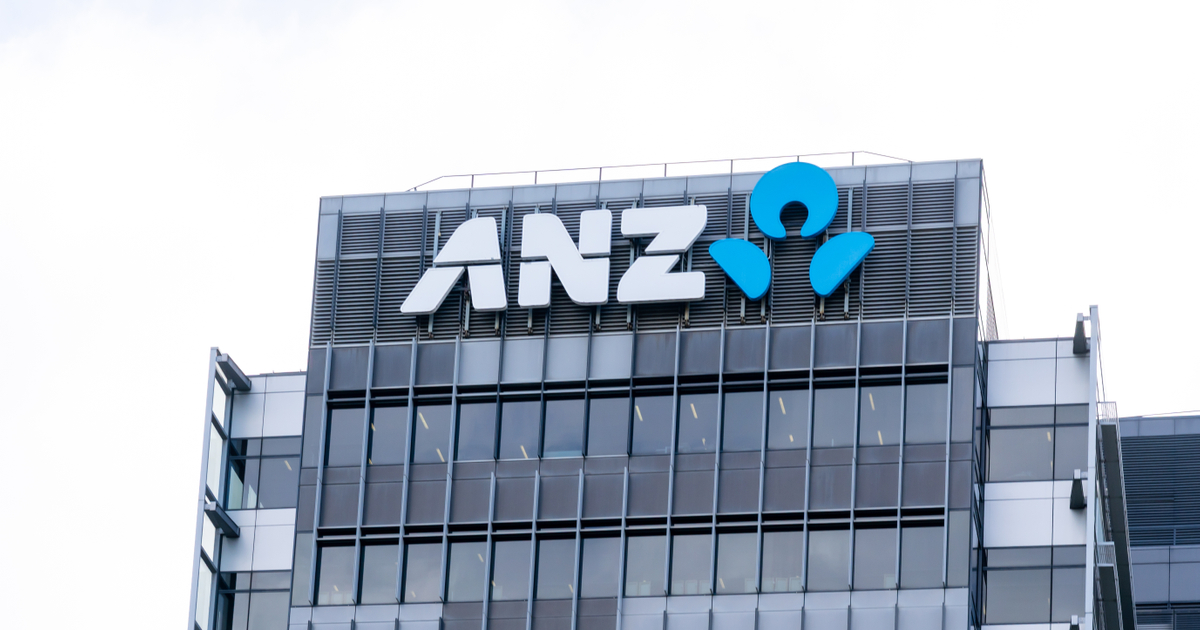Meta’s metaverse will fail, and other Scott Galloway predictions at SXSW
The marketing professor laid down his views on the metaverse at SXSW.

Professor of marketing at NYU and outspoken provocateur Scott Galloway took the stage on the first day of SXSW to outline his top predictions for the next one to three years.
The metaverse was one of his dominant talking points during an annual appearance at the conference that covered topics from tech to finance to foreign relations. Galloway spoke on Meta and his lack of confidence in the company’s vision, NFTs and the future of leading marketplace OpenSea, as well as the opportunities in crypto that could be awaiting luxury brands.
Here are some of his boldest predictions for the metaverse and its technologies.
Meta’s metaverse will fail
Galloway does not think the company formerly known as Facebook will succeed in building out its vision for the metaverse. He said, with a heavy dose of mockery, that Meta rebranded to distract from the host of issues affecting its company, has done a poor job in diversifying its revenue (which is mostly advertising) and that its major loss in market cap is a bad sign for its future endeavors.
He also cited a lack of confidence in Meta’s wearable products like the Oculus headset, which he calls “the tech hardware failure of the last decade.”
On the contrary, Galloway is bullish on another tech giant’s vision for the space …
Apple is winning the metaverse
This prediction may come as a surprise considering Apple has not actually announced any vision for the metaverse. But Galloway said that its App Store is the closest approximation to a metaverse, with easy interoperability between spaces and mass adoption.
AirPods are also the only wearable that has succeeded, he said, and provide a portal into an audio-focused metaverse. Along with the iPhone, which acts as a kind of central server, this technology has already proved its value to the public—a far cry from the lack of success so far seen by Meta’s Oculus.
A luxury brand could develop a successful crypto coin
Similar to how luxury retailers like Gucci and Prada have dropped NFTs for consumers to show status, a brand could create a crypto coin to heighten its community’s rewards and deepen loyalty.
In this situation, Galloway outlines a luxury brand like Chanel offering a rare coin whose price skyrockets via speculation and the benefits of rare ownership, such as exclusive rights to its IP in the metaverse and access to special products.
If a brand monetized scarcity in this way, Galloway foresees their coin going for hundreds of thousands of dollars, capitalizing on the hype that has driven altcoins—coins that are not bitcoin— like Dogecoin and Shiba Inu, but with real rewards and community to offer.
OpenSea’s valuation will double
Galloway is bullish on NFTs, believing that digital assets will only increasingly signal status—in the tradition of fancy clothes and luxury cars—as life moves more online.
Marketplace OpenSea, which has been responsible for 98% of Ethereum-based NFT sales, will double in value over the next year, according to Galloway. More so than his other predictions, this one is backed by real numbers; at the start of the year, the company raised a funding round that valued its business at $13.3 billion. Compared to its valuation in July of $1.5 billion, OpenSea shows that as long as NFTs continue to grow in popularity, so will its platform.
Media companies and sports franchises will also benefit from the growth of NFTs, said Galloway, who sees these entities as “reservoirs” of content that could be turned into sellable tokens.

 UsenB
UsenB 
































